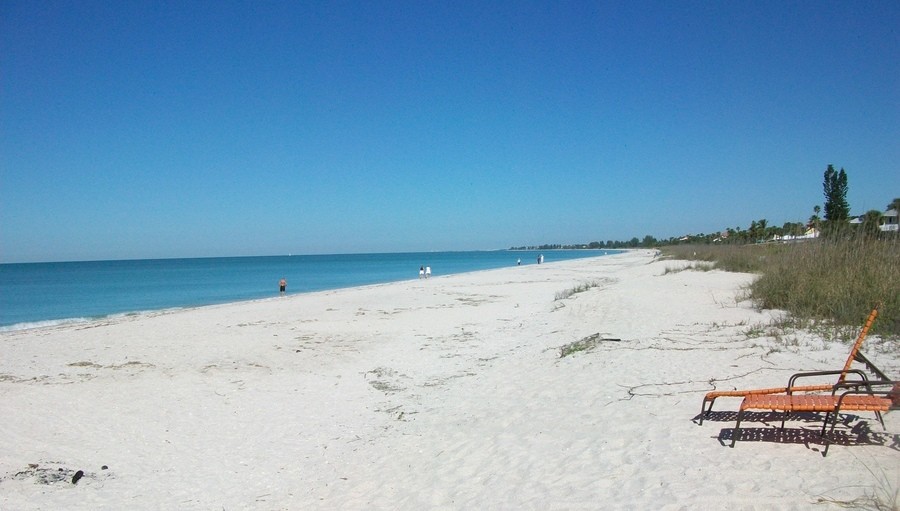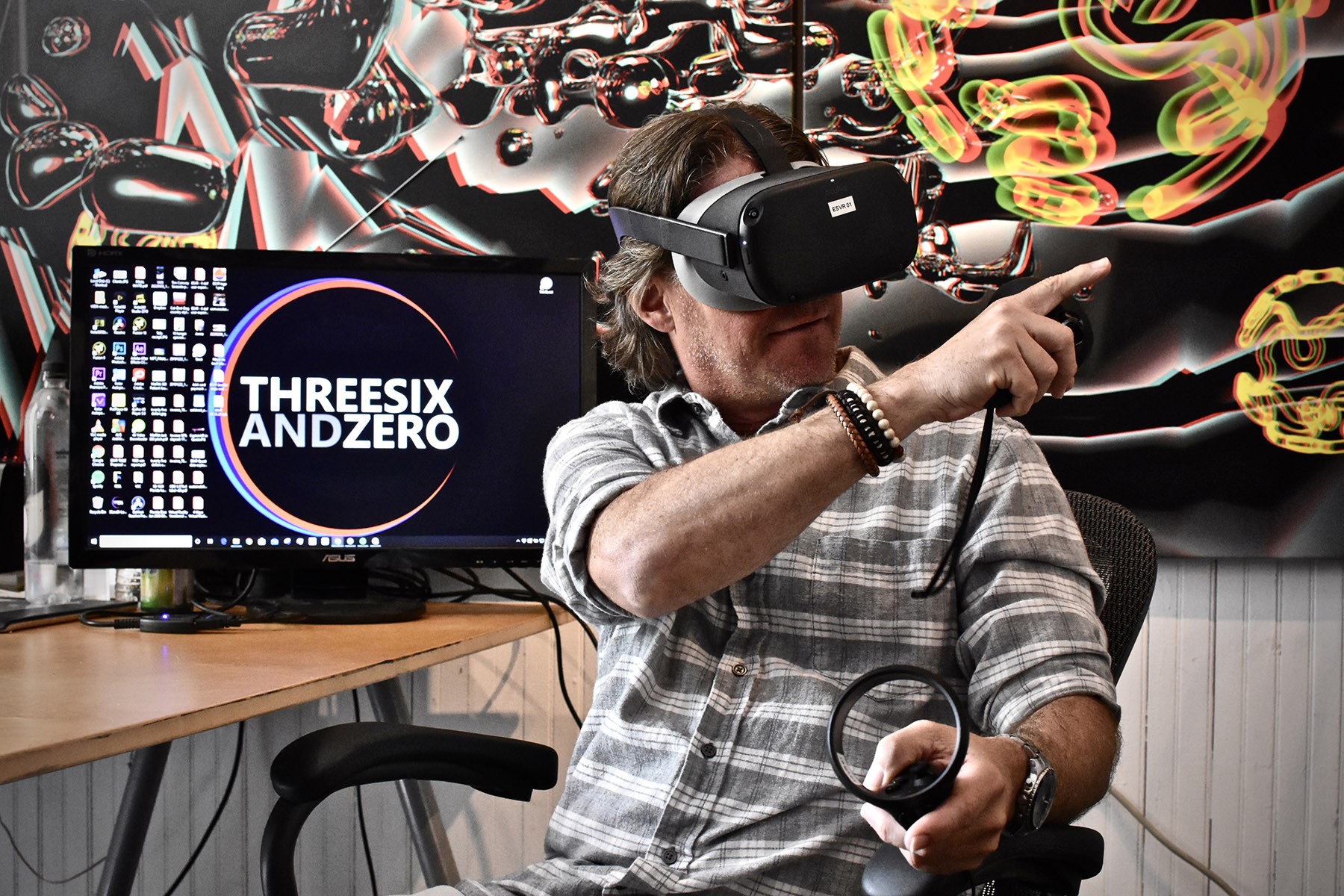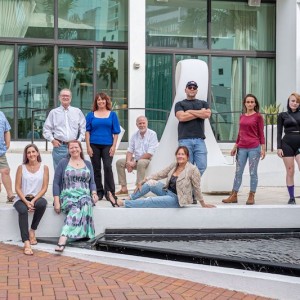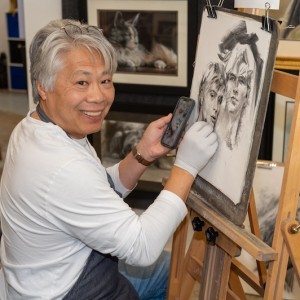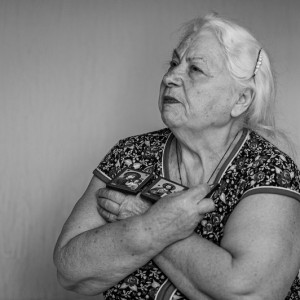Local Outfit Employs Virtual Reality for Therapeutic Ends
Arts & Culture
SRQ DAILY FRIDAY WEEKEND EDITION
FRIDAY MAR 20, 2020 |
BY ANDREW FABIAN
Photo by Andrew Fabian. The real Tim Conway points at an object in a virtual lobby.
To most, virtual reality technology operates on the fringe of mainstream consciousness, an expensive novelty reserved for the most tech-savvy early adopters, hardcore gamers and screen addicts looking for a more far-out buzz. What many do not know is that VR platforms and the visceral, immersive experiences they facilitate have the power to go well beyond the realm of entertainment and into the fields of medicine and education—even therapy. And in the virtual frontier of the technology’s therapeutic applications, Tim Conway, founder of Three Six and Zero, and his partner, Alex Guerra, are building an outpost that he hopes will become a full-blown city.
For 20 years, Conway worked in visual effects on films like Titanic and the Transformers series. Eventually, he stumbled across a 360-degree camera lens that helped him in the realm of on-set data gathering. With his new ability to scan and capture real city blocks, Conway helped teams of CGI animators construct digital sets that look and feel real to the naked eye. This same immersive reality led him further into the wild west of virtual reality design. Initially, he produced VR media for entertainment—films, music videos, etc. “At first I just thought it was an interesting storytelling medium,” says Conway. But, when T.S. and Z. was contracted by Dr. Oz to create a series of educational videos that combined green-screen and VR, he saw a limitless market where none had previously existed.
That experience stuck with Conway even as he and his business partner, Alex Guerra, relocated their business, Three Six and Zero, to Sarasota in hopes of capturing the real estate and tourism market with their VR work. After creating VR content for Selby Garden’s Andy Warhol exhibition and a heartfelt VR video for Moffitt Cancer Center aimed at alleviating the stress of an initial diagnosis, they landed a contract with Easterseals of Southwest Florida. Funded by a federal grant, Easterseals commissioned them to create an entire VR training curriculum to put adults with autism and other cognitive disabilities behind the counter of a coffee shop in VR. The series of instructional and diagnostic modules walks students through common coffee shop duties like weighing and grinding beans, preparing lattes, and will eventually cover handling irate customers. “These are people that just need a little extra help,” says Conway, and the application will help prepare them in a controlled environment where they can learn to use the equipment on virtual versions. “It’s an incredible experience seeing their faces light up when they complete a job,” he says.
Should the program, which is still in its early stages, lead to the kinds of outcomes Conway, Guerra and the Easterseals staff hope, the possibilities for future special needs job training curricula are limitless. “Something like 80% of people with intellectual and developmental disabilities are unemployed,” says Conway, “and we can help change that.”
Photo by Andrew Fabian. The real Tim Conway points at an object in a virtual lobby.
« View The Friday Mar 20, 2020 SRQ Daily Edition
« Back To SRQ Daily Archive





